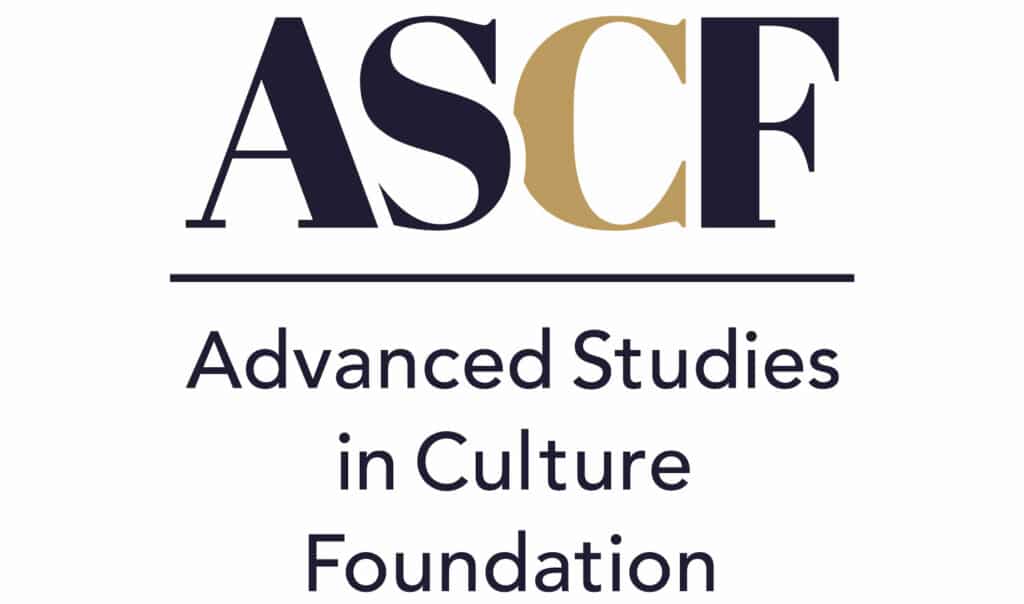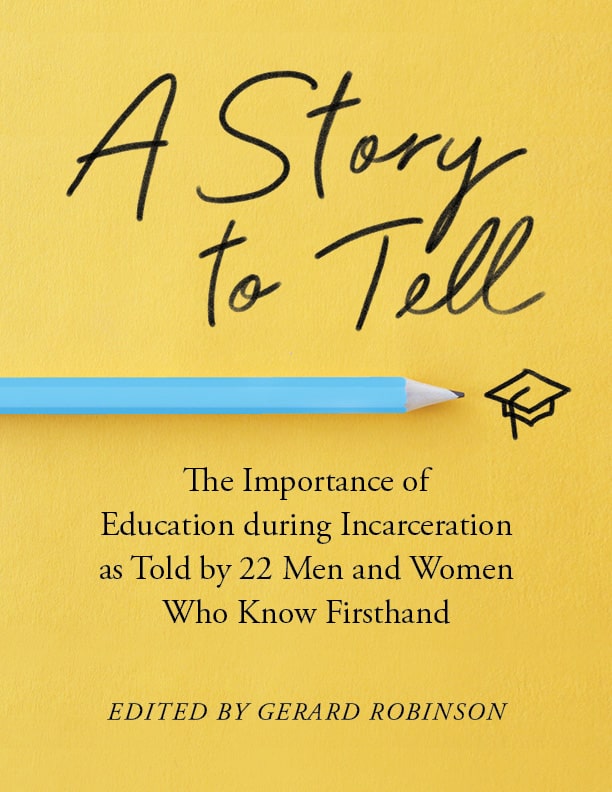Advanced Studies in Culture Foundation in Charlottesville, VA, releases report A Story to Tell: The Importance of Education during Incarceration as Told by 22 Men and Women Who Know Firsthand
Inspirational report funded by Chan Zuckerberg Initiative shows benefits of educational programs in prisons and jails
Contact: Gerard Robinson, 404-441-8381
CHARLOTTESVILLE, Va., March 26, 2021—The Advanced Studies in Culture Foundation (ASCF) today released A Story to Tell: The Importance of Education during Incarceration as Told by 22 Men and Women Who Know Firsthand, a report funded by the Chan Zuckerberg Initiative. The report is a collection of 22 essays written by individuals with criminal convictions whose lives were significantly improved by educational opportunities available to them during incarceration—be it an individual course, a GED program, vocational education, or a postsecondary degree program with support from a Pell Grant or another source of funding. This report includes a foreword by Ryan Olson, Director of the Institute for Advanced Studies in Culture at the University of Virginia, and an introduction and conclusion by Gerard Robinson, the report’s editor and the ASCF Vice President for Education.
Of the 22 authors whose essays are featured in the report, 11 are men and 11 are women. Forty-one percent (41 percent) arrived at prison or jail without a high school diploma or GED. Nearly half, 45 percent, used a Pell Grant to pay for vocational and postsecondary courses during incarceration—including two students who used a Pell Grant to pay for courses prior to the ban in 1994—and 55 percent used public, personal, and/or philanthropic funds to pay for education courses. Sixty-four percent (64 percent) of the authors are people of color.
“Each author shares real-world examples of such themes as tragedy, triumph, hope, love, violence, or forgiveness,” said Robinson. “They articulate the unique role that participation in an education program during incarceration—and the teachers, administrators, counselors, and case workers who manage it—played in her or his reinvention process, be it inside or beyond the walls of a prison or jail.”
The jail and prison education programs that the authors describe in the report are spread across a variety of US states, including Arkansas, Indiana, Massachusetts, Nebraska, New York, and Virginia.
The authors’ inspirational firsthand accounts are further evidence that strong educational offerings are a critical component of criminal justice reform. Education enhances the lives of incarcerated adults and prepares them for success upon reentry to society. A RAND Corporation study found that incarcerated people who participate in correctional education are 43 percent less likely to return to prison and 13 percent more likely to find post-release employment than those who do not. These figures and the report’s essays suggest that our communities—not just individuals returning to participate in society after serving their jail or prison terms—benefit from current and formerly incarcerated people’s involvement in education programs.
The report is available online here. The Advanced Studies in Culture Foundation, established in 1995, was created to support research that helps explore contemporary cultural change and its individual and social consequences. The Chan Zuckerberg Initiative, which financed the report, was founded in 2015 to leverage technology, community-driven solutions, and collaboration to accelerate progress in education, justice and opportunity, and science.
Media interested in interviewing Gerard Robinson can reach him by email at robinson@advancedstudiesinculture.org, or by telephone at 404-441-8381.
https://advancedstudiesinculture.org/.
© Advanced Studies in Culture Foundation
P.O. Box 5425, Charlottesville, Va. 22905-5425
(434) 202-5010

